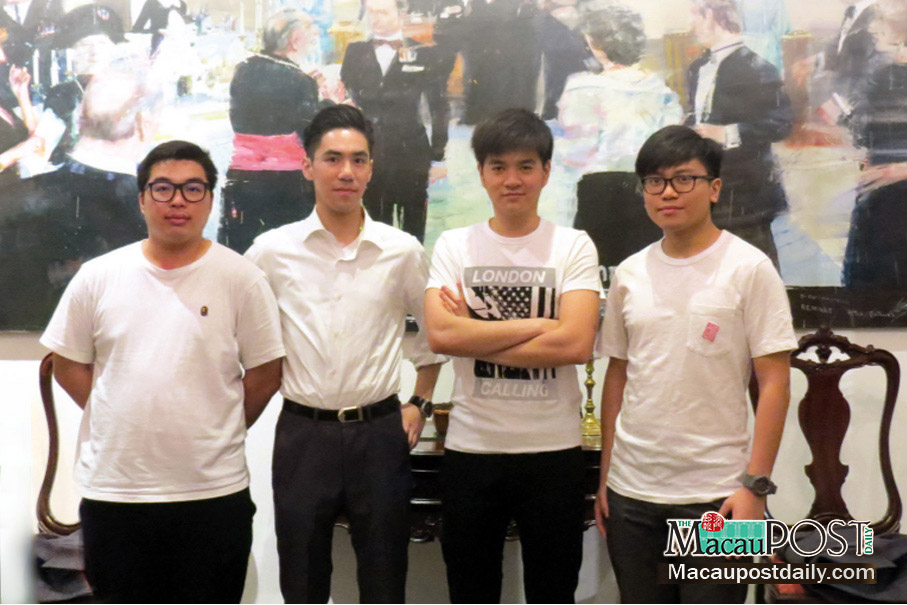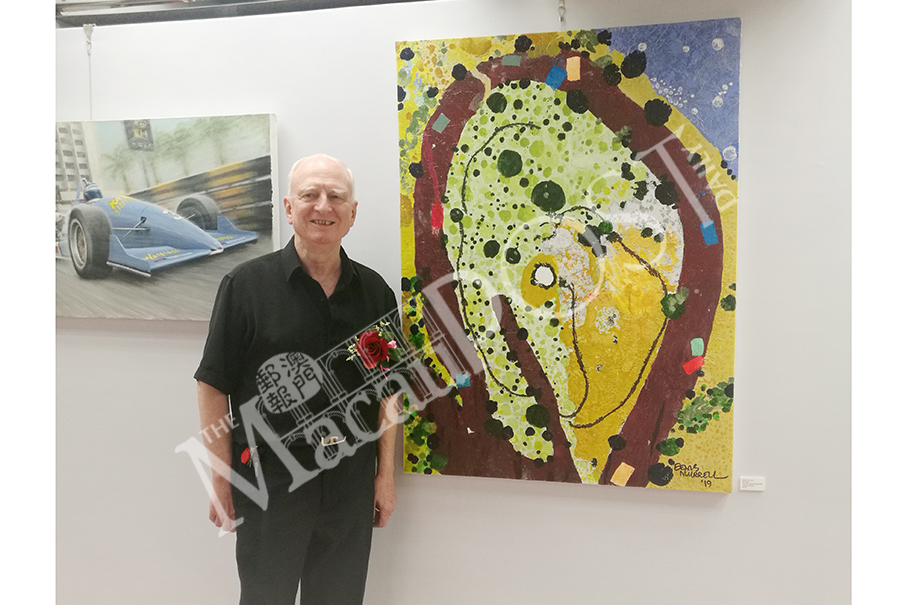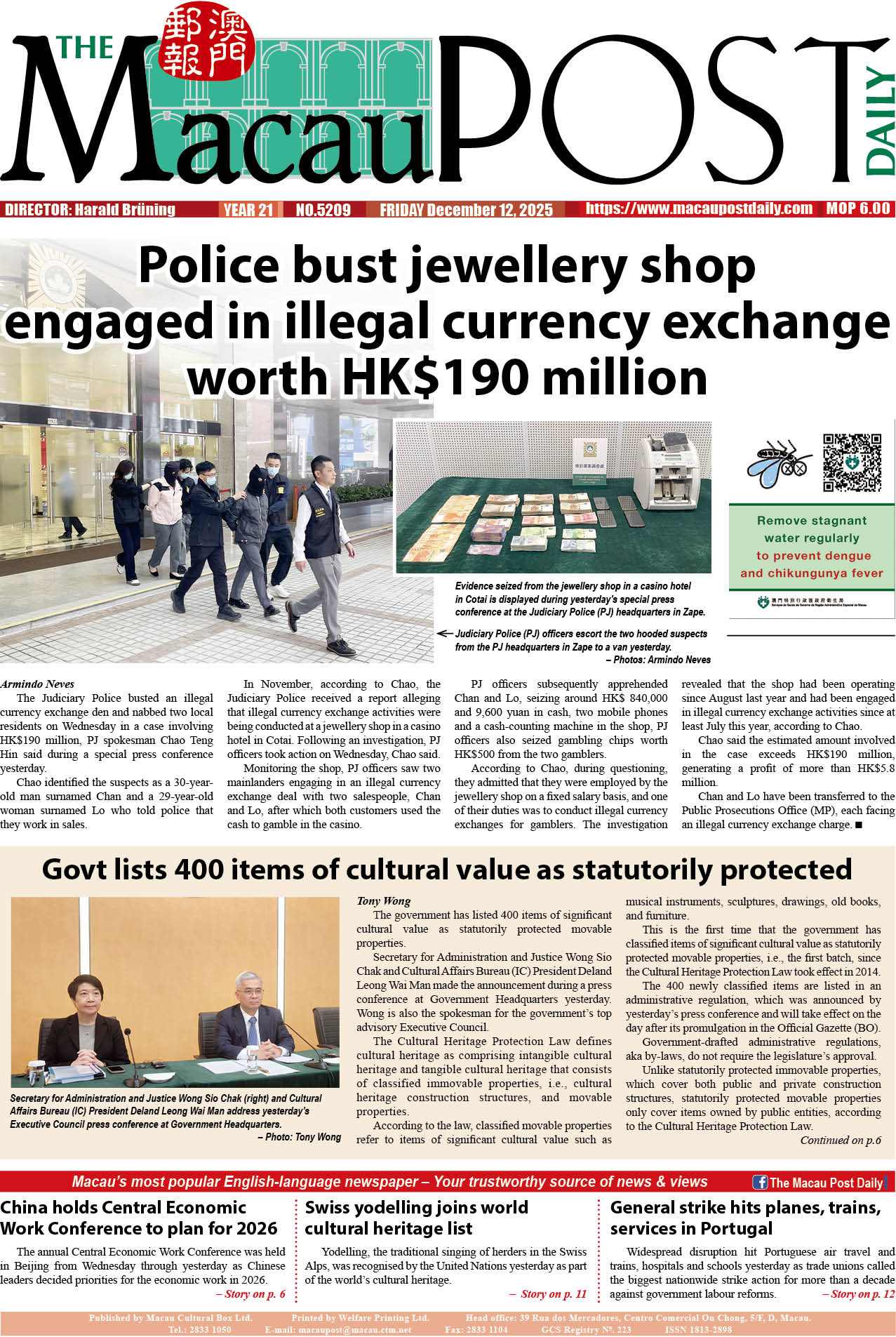The findings of a survey released yesterday show that 90 percent of the respondents said that using online ride-hailing taxi services is one of their transport options when out and about, but 60 percent of the respondents using such services said that the number of online ride-hailing taxis in Macau was still “too small”.
The city’s current radio taxi company, Macau Radio Taxi Services Limited, came into service in April 2017. Its current 300 radio taxis are not allowed to pick up those hailing a taxi in the street. To use the company’s ride-hailing service, prospective passengers need to phone its call centre or use its own mobile ride-hailing app.
Common taxis – as opposed to radio taxis – are colloquially known as “black taxis” (“hak dik” in Cantonese), as the colour of common taxis is black.
In addition to being allowed to pick up passengers while travelling around the city, black taxis are also allowed to provide a radio taxi service.
The current radio taxi service provided by Macau Radio Taxi Services Limited is officially known as the city’s special taxi service – as opposed to its common taxi service.
Civic leaders have been urging the government to issue more special taxi licences.
Online ride-hailing taxi services provided by private cars are illegal in Macau, but community representatives have been urging the local government to also legalise such modes of transport, like in the mainland as well as many other countries and regions in the world.
The survey was carried out earlier this year by the Macau Economic and Livelihood Alliance, which held a press conference at its office in Zape yesterday to announce the survey’s findings.
The alliance carried out the survey between June and September, during which 1,564 valid questionnaires were collected from local residents and visitors.
According to yesterday’s press conference, the findings of the survey also show that 60 percent of the respondents who frequently use online ride-hailing taxi services told the alliance they believe that the number of such taxis in Macau is “too small” as they often need to wait a long time to get a taxi, or are even unable to get one.
During the press conference, representatives from the alliance urged the government to optimise its road-network planning with the aim of improving the city’s traffic flow, thereby enabling its roads to accommodate more taxis.
The representatives suggested that the government should issue more taxi licences with the aim of meeting the needs of residents and visitors alike.
As of the middle of last month, Macau had about 1,650 taxis in operation, including 300 special radio taxis, the Transport Bureau (DSAT) said at that time.

Six members of the Macau Economic and Livelihood Alliance look on during yesterday’s press conference, including lawmakers Zheng Anting (third from left) and Lo Choi In (second from right) as well as its chairwoman Lao Ka U (third from right), at their office in Zape. – Photo courtesy of TDM








